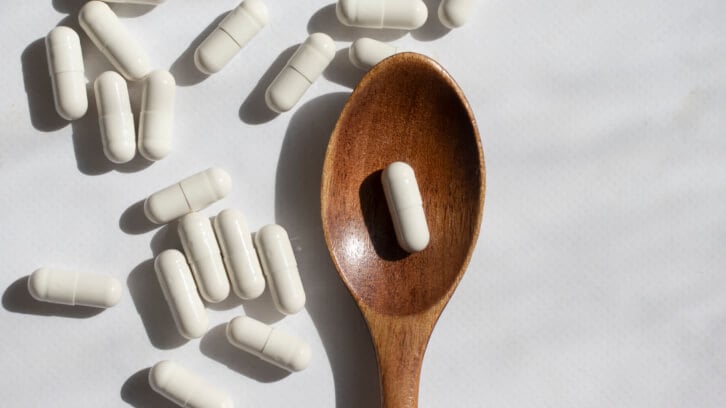The in vitro research published in the journal Nutrients noted that the probiotic blend, which consisted of L. casei LC130, L. paracasei LPC100 and S. thermophilus ST250 strains, caused the hydrolyzation of immunoreactive gliadin peptides, thereby reducing immunoreactivity.
"This discovery opens avenues for developing probiotic supplements tailored to support individuals on a gluten-free diet, offering a new approach to dietary management," Michał Jakubowski, CEO of Nordic Biotic, told NutraIngredients.
"Additionally, the possibility of creating combined products, such as incorporating gluten-degrading probiotics into gluten-free functional foods or digestive enzyme supplements, presents new opportunities for comprehensive support for individuals with gluten-related conditions."
Probiotics and celiac disease
Gluten prolamines proteins within wheat, secalin in rye, and hordein in barley, can trigger gluten-related diseases such as celiac disease (CD), allergy and non-celiac gluten intolerance. Such conditions are known to affect a significant 0.7% of the world’s population.
The only available treatment for CD is adherence to a gluten-free diet, yet it is often difficult to avoid gluten contained within medications, dietary supplements or certain foods. Therefore, there has been an increase in research investigating potential therapies to reduce the immunoreactivity of gluten epitopes. One such method is through the use of probiotic lactic acid bacteria (LAB) due to its hydrolyzing properties.
Study details
Lactobacillus and Bifidobacterium bacterial strains were obtained from Nordic Biotic, and peptidase preparations were obtained from the samples.
Residual gliadin immunoreactivity was measured following one- or two-step hydrolysis using commercial enzymes and bacterial peptidase preparations by G12 and R5 immunoenzymatic assays.
It was observed that peptidase preparations from Lacticaseibacillus casei LC130, Lacticaseibacillus paracasei LPC100 and Streptococcus thermophilus ST250 significantly reduced the immunoreactivity of gliadin peptides, including 33-mer.
Additionally, the effect was found to be significantly greater when a mixture of the strains was used. Genome analysis also confirmed the presence of genes within the strains that encode for peptidases with the potential to hydrolyze bonds with proline-rich peptides.
The researchers underlined that the findings shed light on the potential importance of probiotic bacteria in supporting the dietary management of individuals with gluten-related diseases while opening new avenues for targeted therapeutic interventions.
"Studies on peptidases derived from probiotic bacteria, particularly those targeting gliadins, are a relatively new area of research, and the efficacy and specificity of these enzymes in degrading immunoreactive gliadin fragments associated with CD are still under investigation," lead researcher Professor Bożena Cukrowska explained.
"Future studies of the ability of specific bacterial peptidases to digest proline and glutamine bonds, as well as in vivo studies of strains that most efficiently scavenge gliadin will provide answers regarding the functionality of the analyzed probiotic NORDBIOTIC strains.
"Therefore, it is planned to continue clinical trials in patients with gluten dependent diseases to evaluate the effect of the orally administered probiotic strain mixture on gut microbiota composition and recovery during dietary treatment," she added.
Source: Nutrients
doi: 10.3390/nu16070976
"Reducing Immunoreactivity of Gluten Peptides by Probiotic Lactic Acid Bacteria for Dietary Management of Gluten-Related Diseases"
Authors: Joanna Leszczyńska et al.

